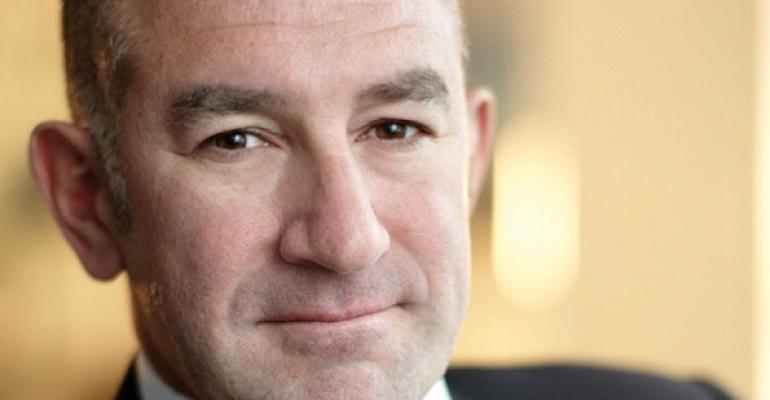
HighTower’s CEO Elliot Weissbluth appeared on Wall Street Week over the weekend, talking about the qualities he thinks make a good financial advisor. Among them, the ability to tell clients that they’re putting their own money where their mouth is and using the same investment strategies as they recommend. “The best advisors will say to their clients, in part and parcel of what I’m doing for you, I’m also doing for myself.” Weissbluth also noted that it's crucial for advisors to have passion for their clients and understand they can have strong emotional reactions to financial matters. “They have in their DNA a genuine passion for their clients; they care. You can’t fake that,” Weissbluth said.
For three of the next four Saturdays - Halloween excluded - cities across America will be hosting free one-on-one financial planning sessions, sponsored by the CFP Board, Foundation for Financial Planning, Financial Planning Association, U.S. Conference of Mayors and Kiplingers. The meetings are aimed at helping folks with budgeting, credit and debt, investing, retirement, taxes, homeownership, estate planning, insurance, education savings and more. There are also group classroom workshops scheduled to address key areas of financial planning. But don't volunteer - if you haven't already - looking to prospect for new clients. The fine print on the Financial Planning Days website states: "Best of all, it’s all free and there are no strings attached! Volunteering financial planners will not sell products or services, give out business cards or follow up with you after the event."

The Securities and Exchange Commission says natural disasters often give rise to investment fraud, and it’s seeing a rise of scams in and around South Carolina following historic rainfall and flooding. Fraudsters are targeting individuals who receive lump sum insurance payouts from insurance companies with investment opportunities in small companies supposedly set to reap huge profits from recovery and cleanup efforts. In an investor alert, the SEC said it saw similar schemes following Hurricane Katrina and warned people in South Carolina to be skeptical of anyone touting risk-free, high-return investments for their lump sum payouts.
Should Kids Pay Back Their Parents for Raising Them?

Filial support laws are more of a curiosity nowadays than a true concern for advisors. Planners generally hear nothing about them for years at a time between case-based flare-ups (usually as a result of a decision coming out of the Pennsylvania court system). However inconsequential the actual laws may or may not be, the sentiment they engender—that children should take care of their parents—is more relevant today than ever, with children remaining in the home longer and parents increasingly returning to live with their children in old age. A recent episode of Freakonomics Radio addresses these issues, beginning with the case of NFL player Phillip Buchanon and bringing in a team of experts to analyze the economics of family units.




